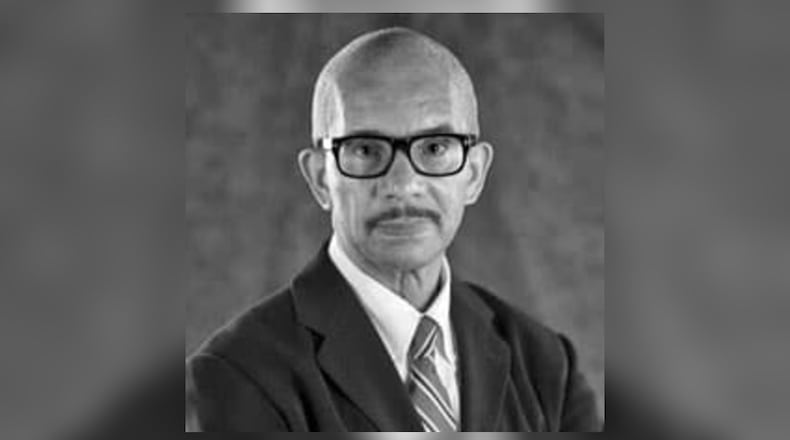Securing lasting change starts with understanding and addressing the barriers that prevent more social workers from joining the field, particularly the heavy financial burden. The high costs of education and licensing coupled with low pay make social work an unappealing profession for many. Nationwide social worker and behavioral health shortages lead to high case-to-social-worker ratios that increase burnout. A bachelor’s degree and Master of Social Work can cost upwards of $100,000, and once practicing, licensed Ohio social workers make an average of $65,477 per year — 26% below the national average and nearly the cost of two years of tuition and board. Social workers are already asked to make major sacrifices in service of their clients – financial stability should not be one of them.
Thankfully, Ohio has taken positive steps toward decreasing social workers’ financial burdens through scholarships, fellowships and incentive programs. For instance, the Great Minds Fellowship awards $15,000 in scholarships and $10,000 in bonuses for graduates who commit to working at an Ohio community behavioral health center for at least one year. This program supports local social workers while keeping urgently needed talent in Ohio. Additional initiatives such as paid internships must become the standard as we seek to attract more talented individuals into this essential profession.
Ohio has also found innovative ways to relieve the burden on social workers. Just last year, it joined the Social Work Licensure Compact, an interstate licensing compact. While the compact has not yet been implemented, it will allow licensed social workers to practice in any participating state, eliminating the need to meet additional licensure requirements for other states and saving social workers precious time.
The high strain on social workers can compromise their mental health. We cannot expect social workers to provide clients in distress with quality care if their own mental health is on the line. Providing constant counseling and assistance to multiple clients every day is incredibly taxing work. Whether they are helping a veteran find housing, counseling clients with trauma, or ensuring seniors receive proper medical care, social workers are often dealing with difficulties that take a heavy emotional and mental toll. Ohio must continue to show its support for social workers through practical steps such as scholarships and new policies that eliminate unnecessary red tape.
Investing in Ohio requires investing in our social workers. Especially now, with federal changes creating a daunting challenge for both clients and social workers, clients risk losing life-saving resources and social workers risk accidental malpractice if they are not informed on new policies. If we hope to inspire a new generation of social workers and retain Ohio’s existing talent, now more than ever we must focus on the behavioral health workforce. Social workers are an anchor in our communities and our lives, but they cannot do it alone — it is our turn to serve.
Richard L. Jones, PhD, is board president at Preferra Insurance Co. RRG, a behavioral health liability insurance company overseen by social workers.
About the Author
